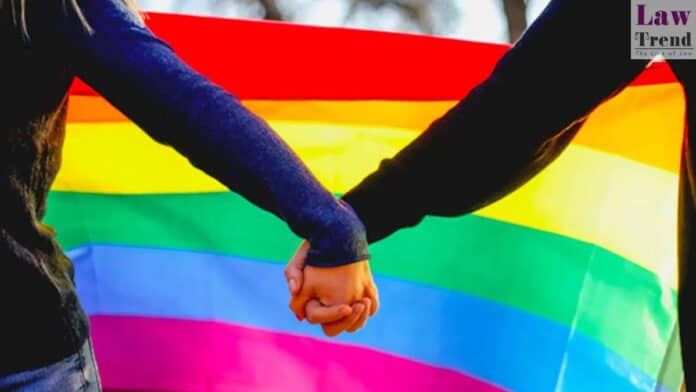The Delhi High Court has taken up a crucial plea questioning whether same-sex partners can be legally recognized to make critical medical decisions for each other. On Thursday, the court issued a formal notice to the Central government and the National Medical Commission (NMC), demanding they respond to a petition that seeks to grant same-sex couples the same rights as heterosexual spouses in healthcare settings.
The case was brought before Justice Sachin Datta by a woman who married her partner in New Zealand last year. Her petition highlights a significant gap in India’s medical regulations, which currently do not explicitly acknowledge same-sex partners as next-of-kin.
At the heart of the issue is the practical and emotional turmoil faced during medical emergencies. The petitioner argued that with her partner’s immediate family living in different states or even abroad, they are often not available to provide consent for urgent medical procedures. This leaves her, the person closest to her partner, legally powerless to act—a right automatically granted to a husband or wife.
The legal challenge targets the Indian Medical Council (Professional Conduct, Etiquette and Ethics) Regulations, 2002. These rules specify that consent for treatment must be obtained from a “husband or wife, parent or guardian,” or the patient. The petition forcefully argues that this narrow definition effectively excludes same-sex partners, creating a discriminatory barrier to essential healthcare rights.
Senior Advocate Saurabh Kirpal, representing the petitioner, contended that this exclusion violates fundamental rights guaranteed under the Constitution, including the rights to equality (Article 14), non-discrimination (Article 15), freedom of expression (Article 19), and life and personal liberty (Article 21). The plea asserts that denying these rights is inconsistent with “constitutional morality,” which calls for respecting individual dignity and diversity.
The petitioner has asked the court to consider two primary solutions. The first is to direct the framing of clear guidelines for all hospitals and medical practitioners to officially recognize same-sex partners as authorized medical representatives.
As an alternative, the plea suggests the court declare that a medical power of attorney, granted in advance by one partner to the other, should be legally binding. This would provide a clear and official mechanism for same-sex couples to ensure their wishes are respected in a medical crisis.
The court has instructed the government and the NMC to file their official replies to the plea. The outcome of this case could set a landmark precedent, significantly impacting the rights and recognition of LGBTQ+ couples across India.




